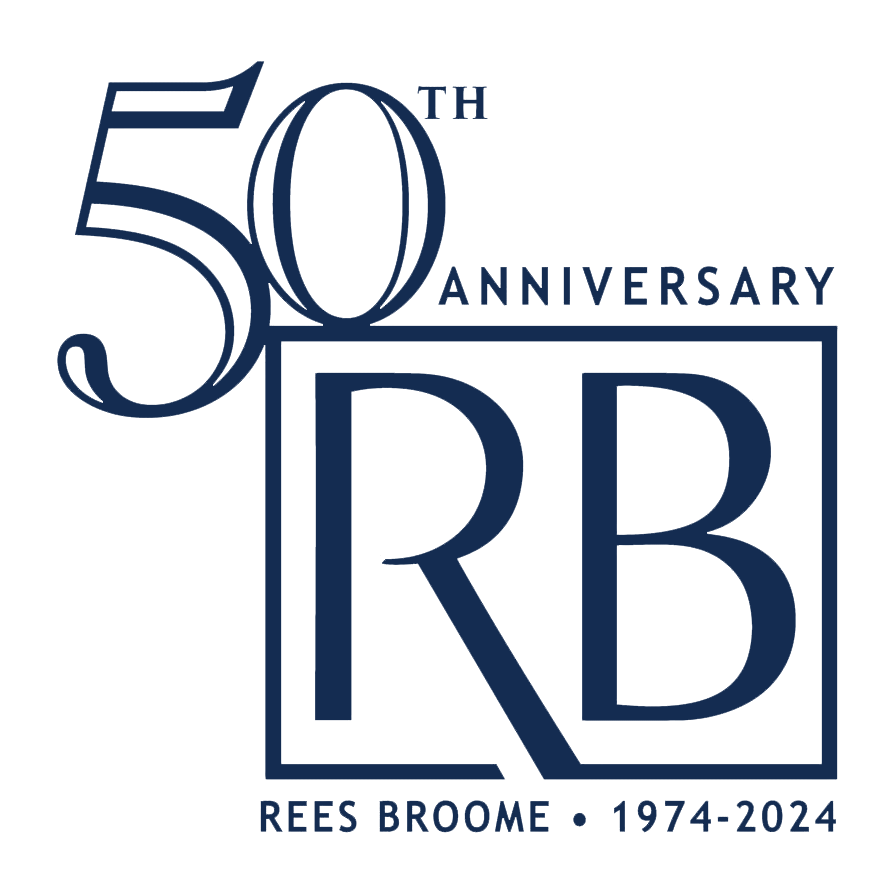Whether your property is in Virginia, Maryland, or D.C., your association is required to call at least one membership meeting a year. While membership meetings may seem routine, it is important to remember that not all associations or jurisdictions have the same requirements for membership action.
For example, in Virginia and D.C., notice of membership meetings may be sent via electronic means if the owner consented to receive notice via electronic means. In Maryland, the owner may give permission to receive notices electronically, or the board of directors may give the association permission to send notices electronically. The association’s governing documents or applicable statute may also prescribe different timeframes for notice depending on the matter presented to the membership for a vote. It is common to have a longer notice period for amendments to governing documents than notice of an annual meeting for the election of directors.
For an association in Virginia to hold a meeting entirely or partially via electronic means, the board must also adopt guidelines. These guidelines must outline the procedures to verify that those participating in the meeting are an owner or the owner’s proxy and ensure the attendees can concurrently participate in the meeting. Maryland’s statutes on electronic meetings actually allow an association to hold meetings by electronic means even if the association’s governing documents prohibit electronic meetings. However, electronic meetings in Maryland have fairly stringent requirements for participation – all owners must be able to hear and be heard by each other. D.C. does not require the adoption of guidelines to hold electronic meetings, but it does impose similar requirements to ensure that each owner has the right to participate in the proceedings.
The quorum requirements to hold the meeting may also vary by jurisdiction and association. For example, a vote to increase the annual budget may have a different quorum and voting threshold than a meeting for the election of directors. If the documents are silent, the quorum requirements for a particular action may also be prescribed by statute. What constitutes quorum is also important as it may be based on a percentage ownership, or an equal basis and the applicable statute or governing documents may provide that those who are delinquent are not counted when determining quorum. As such, it is important to verify the conditions necessary to achieve quorum in order for the vote to constitute an act of the association.
In terms of voting, the association’s documents or applicable statute may allow action to be taken outside of a meeting or may simply require a percentage vote without the need to hold a meeting. If the vote must be taken at a meeting, we typically see votes cast by proxy or ballot.
A proxy is someone the owner designates to stand in their shoes at a membership meeting. The owner’s proxy can represent the owner for purposes of establishing quorum, cast the owner’s vote as the owner instructs, or may be given the broad power to cast the owner’s vote as the proxy determines. Note that governing documents may prohibit the use of a proxy, restrict who may serve as a proxy, limit how many owners one proxy can represent, or impose specific requirements for the proxy form to be considered a valid appointment. It is also important to review the statutes governing your association for any other specific requirements. For example, the Virginia Condominium Act requires the proxy form to include a brief explanation of leaving the proxy uninstructed and the D.C. Condominium Act requires the proxy form to be dated and the signature of the owner witnessed by a person who signs their full name and address.
Voting by ballot may occur at the meeting, or, in some cases, via absentee ballot and electronic means. If an association wishes to accept votes via electronic means, both Virginia and D.C. require boards to adopt protocols to ensure the vote is cast by the owner or the owner’s proxy and a record of the vote is created and maintained. If voting must occur by secret ballot, D.C. and Virginia require the method protect the identity of the voter. By contrast, Maryland does not require a method be devised to protect the identity of the caster of a ballot; instead, Maryland requires the association to accept anonymous printed ballots at the owner’s option if the Association cannot ensure anonymity.
Lastly, the matter to be voted upon by the membership may have other conditions that must be met. For example, persons interested in serving on the board may have to meet specific qualifications; mortgagee consent may be needed for certain association actions; and votes may need to be ratified or acknowledged in a certain way. The applicable statutes and governing documents should be reviewed in detail for any special conditions.
In summary, jurisdictional requirements, document specific conditions, and the particular matter before the membership are all important considerations to achieve a successful membership vote. If your community needs assistance with seeking membership approval on any matter, please contact one of our community association attorneys.
